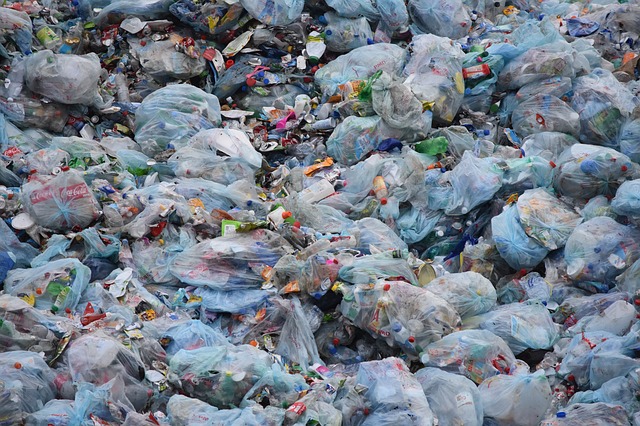
Kenya has passed a law to ban plastic bags, including their use, importation and manufacture. Effective Monday, the law sets penalties as high as $38,000 or four years in jail. It’s aimed at manufacturers and suppliers, but police can penalize everyday citizens, too.
The law is Kenya’s third attempt to ban plastic bags. It joins its neighbors Cameroon, Morocco, Guinea-Bissau, Mali, Tanzania, Uganda, Ethiopia, Mauritania and Malawi, who have passed similar laws to ban plastic bags. Kenya’s is the world’s strongest anti-plastic ban yet.
Small islands of plastic drift just off of Kenya’s shores, miniatures of the Texas-sized Pacific Garbage Patch. Clumps of bags block drainage systems. Bags strangle turtles and sea birds, filling the bellies of larger marine animals like whales until they starve to death.
Grocery stores alone distribute 100 million plastic bags per year in Kenya, says the UN Environmental Program. They perpetually litter regions like Nairobi’s Kibera neighborhood, one of Africa’s biggest slums. There people use plastic bags not only to carry groceries and household items, but to dispose of human waste, as Kibera lacks adequate sanitation or running water.
Police have been doing spot checks in Nairobi, stopping cars at roadblocks to check for bags. Many people are still using them, but major grocery chains like Carrefour and Nakumatt have started offering customers reusable bags instead.
Not Everyone Approves of the New Law
Kenneth Okoth, who represents Kibera in parliament, doesn’t support the law. “It may look very fashionable in international circles,” he told NPR. “Kenya has taken a drastic step. But in reality, in a place like Kibera, we still need those plastics.”
Activist Boniface Mwangi is appealing to the government to soften the penalties, which he says will disproportionately affect the poor. He posted to Facebook: “So if you’re rich, you can get away with anything, but if you’re poor, don’t use plastic bags from 28th August or you will go to jail.”
Plastic bag manufacturers have also predictably objected to the law, saying that they create jobs. Kenya’s Environment Minister Judi Wakhungu is unconcerned, however, responding that manufacturing eco-friendly alternatives will create jobs. Kenya’s High Court rejected challenges that bag importers have raised.
The Price of Plastic Bags
According to UNEP, plastic bags are well known agents of environmental and health problems. They kill wildlife and livestock, damage agricultural land, pollute beautiful places, and foster the breeding of disease carrying mosquitos.
Habib El-Habr, a marine litter expert with UNEP, said the bags take 500 to 1000 years to break down. Instead of decomposing, plastic breaks into smaller and smaller particles. Then they’re swallowed by fish, and enter the food chain.
“If we continue like this, by 2050 we will have more plastic in the ocean than fish,” El-Habr said.
Nairobi butchers have been removing plastic bags from cow stomachs. Sometimes as many as twenty plastic bags come out of a single animal. According to veterinarian Mbuthi Kinyanjui, this didn’t happen ten years ago. Now it’s a daily occurrence.
Kenya’s tough environmental policy is a bold statement, showing that the country is invested in working for real and lasting change. More than 40 countries worldwide have either banned or taxed single use plastic bags.


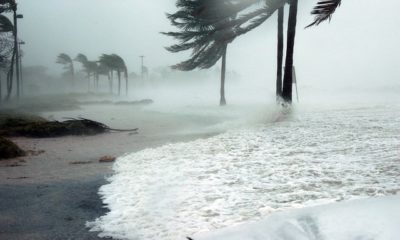
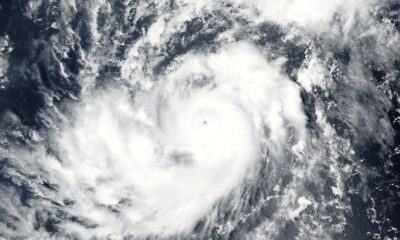
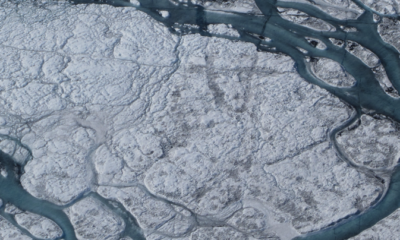
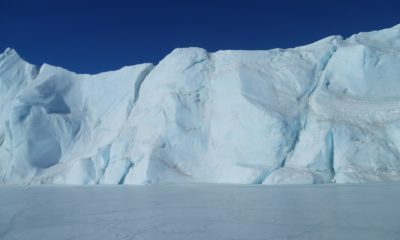
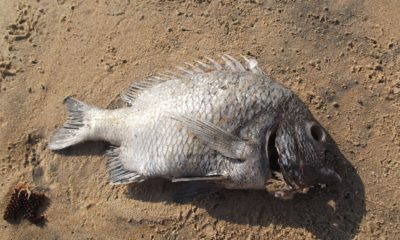
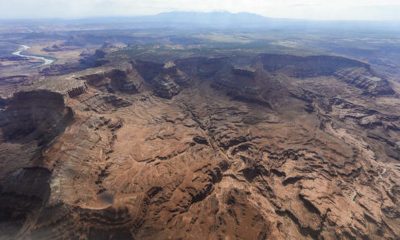
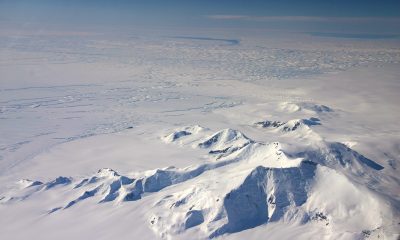
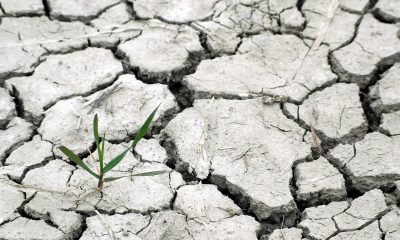





Facebook
Twitter
Pinterest
Google+
LinkedIn
Email